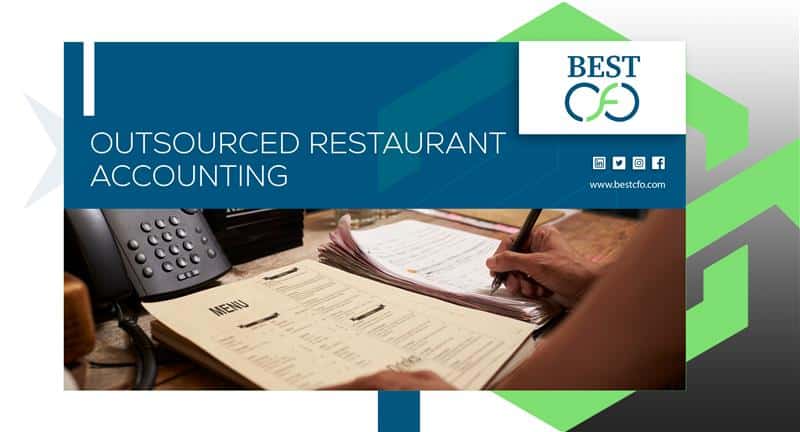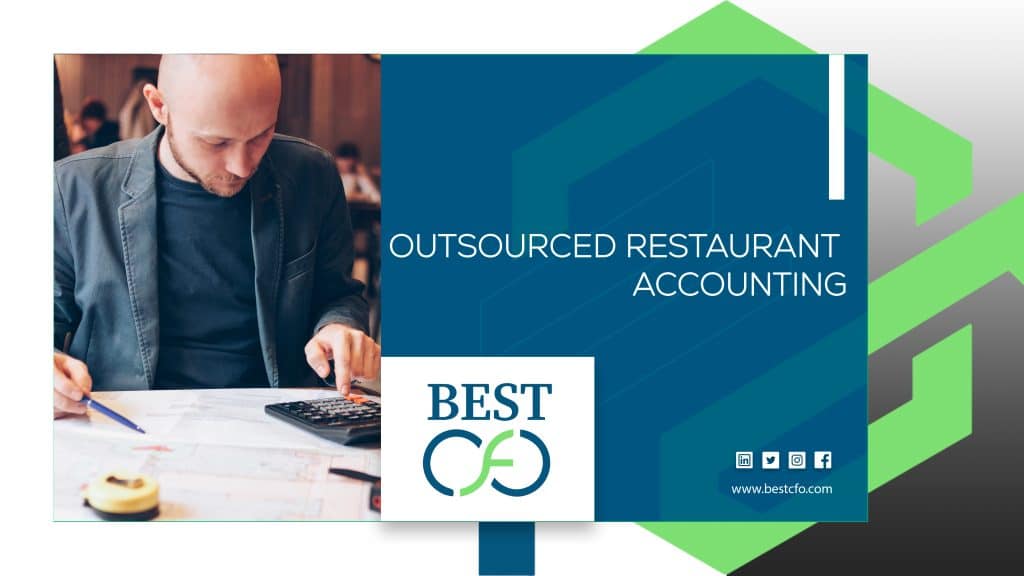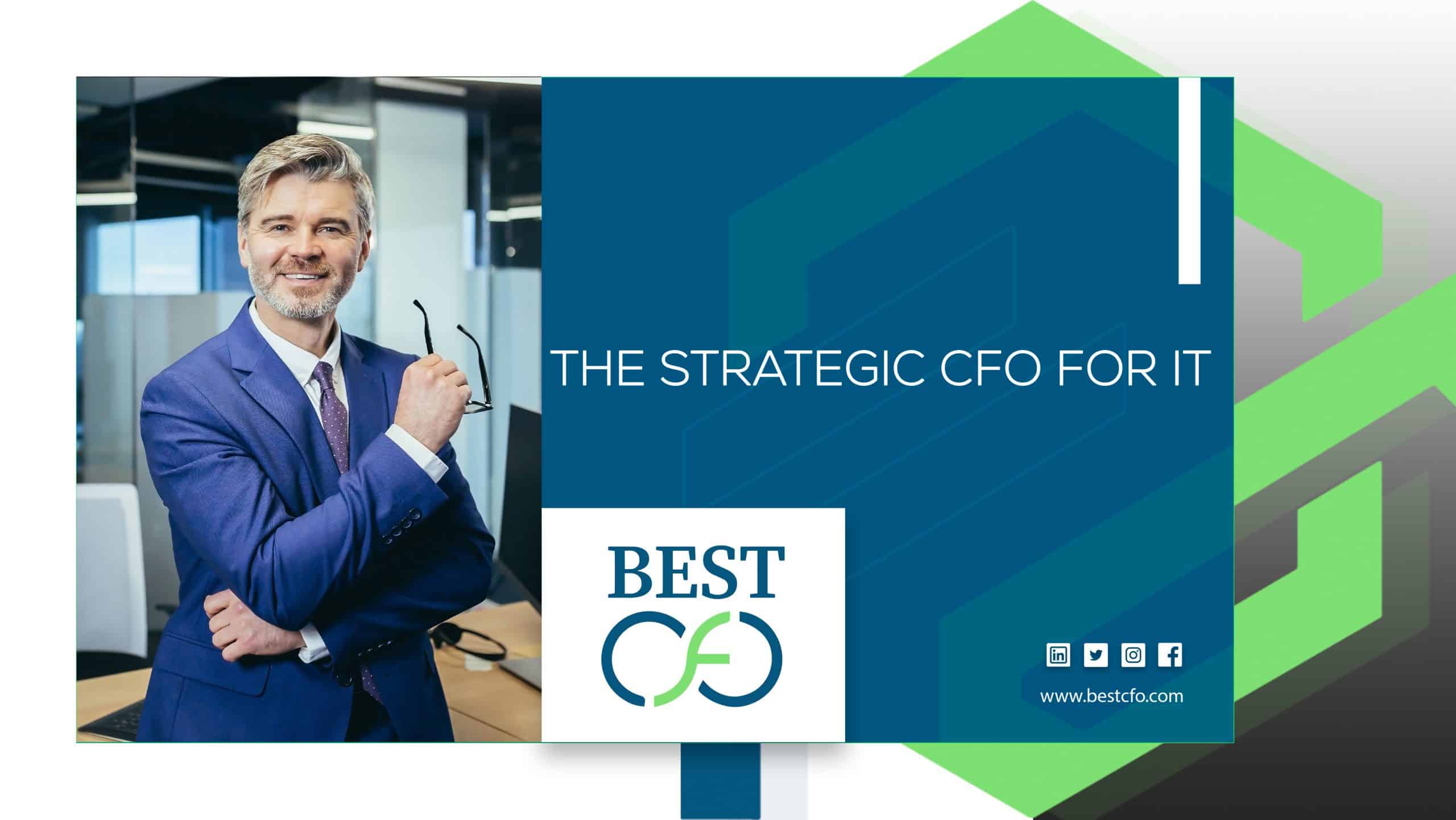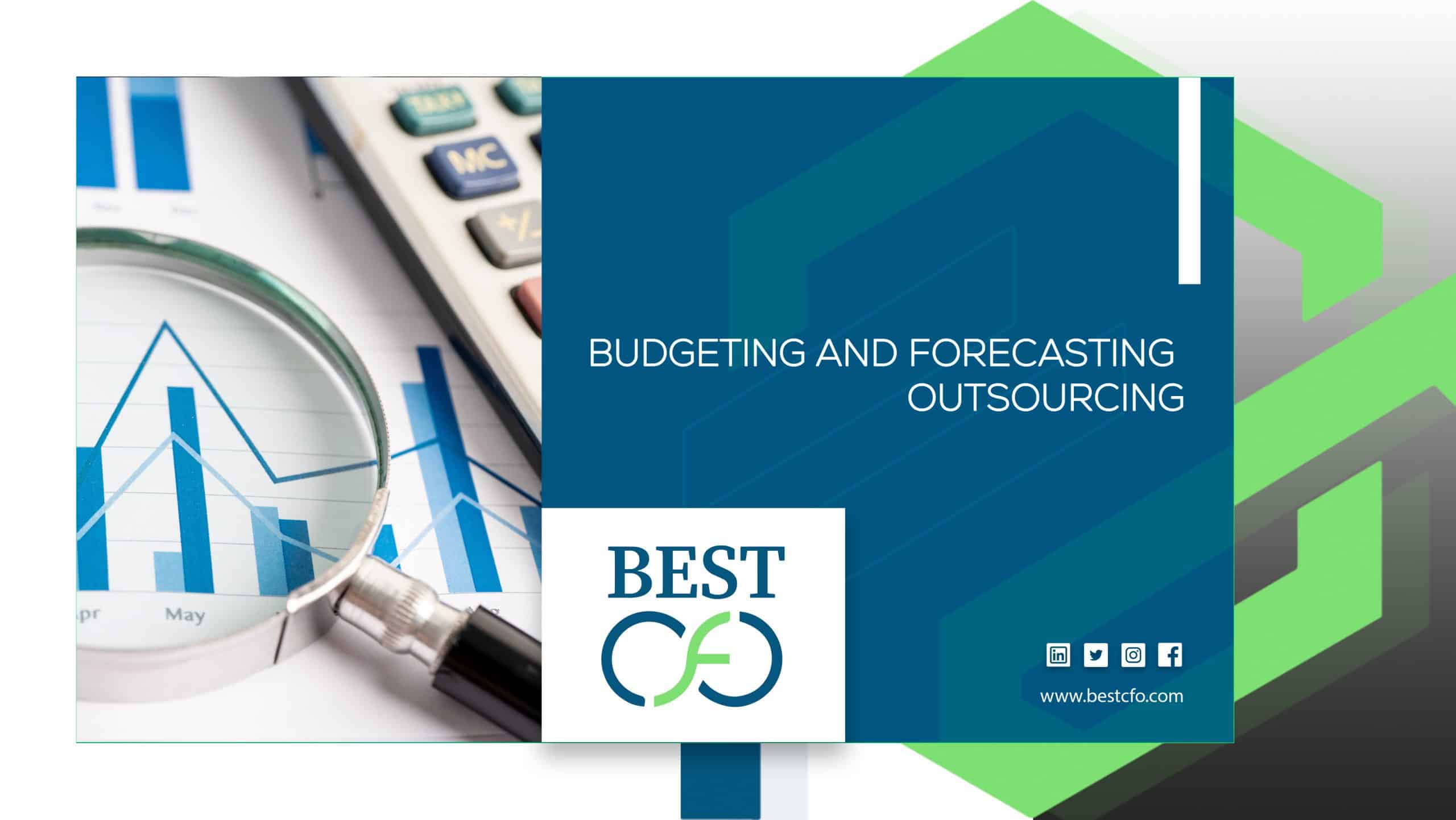
| Getting your Trinity Audio player ready... |
Outsourced Restaurant Accounting: Save Time, Reduce Costs!
Running a restaurant isn’t just about creating mouth-watering meals or giving customers a great dining experience. Behind every delicious dish is a stack of receipts, payroll records, inventory sheets, and tax forms. And let’s be honest—managing all this accounting work can be a real headache.
If you’re like most restaurant owners, you’re juggling a hundred things at once—staff schedules, supplier orders, customer service, and more. Adding bookkeeping, payroll, and taxes to your plate just makes things harder. That’s where outsourced restaurant accounting comes in. It’s a smart solution that saves you time, cuts costs, and helps you run your business smoothly.
Whether you run a food truck in Austin, Texas, a coffeehouse in San Diego, or a burger joint in Washington, D.C., this guide is for you. Let’s break down how outsourcing your accounting can boost your business and bring peace of mind.
The Complexities of Outsourced Restaurant Accounting
Here are some complexities of outsourced restaurant accounting:
Why Restaurant Accounting is Unique
Restaurant accounting is not like typical small business bookkeeping. It’s more detailed, more fast-paced, and definitely more challenging.
- High daily transactions: Restaurants deal with dozens or hundreds of small sales each day, tips in cash and credit, and different payment systems like POS and mobile apps.
- Complicated expenses: Food, labor, rent, supplies, and menu changes make expense tracking tough.
- Inventory struggles: Managing food inventory means keeping track of what you order, what spoils, what sells—and doing it every day.
- Compliance stress: Restaurants must follow labor laws, handle payroll taxes, and stay up to date with health rules and sales tax regulations.
In short, it’s a blend of finance, management science, technology, and lots of human communication.
Common Accounting Pain Points for Restaurants
Here are some common accounting nightmares restaurant owners face:
- Time-consuming bookkeeping: Recording sales, handling receipts, and matching transactions is a daily grind.
- Payroll headaches: Tipped wages, overtime, tax withholdings, and benefits require careful attention.
- Cash flow worries: Between paying vendors, rent, and employees, cash management can make or break your month.
- Risk of mistakes: Errors in accounting or tax filings can lead to audits, fines, or worse—IRS trouble.
These issues often slow down growth, impact decision-making, and raise costs. That’s why outsourcing has become a lifesaver in the foodservice world.
What is Outsourced Restaurant Accounting?
Outsourced restaurant accounting means hiring an outside firm or expert to handle your financial tasks instead of doing them in-house. Think of it as bringing in a Certified Public Accountant (CPA), bookkeeper, or even a Chief Financial Officer (CFO)—without having to hire them full-time.
It’s popular in the hospitality industry because it’s flexible, efficient, and cost-friendly.
Types of Services Available
A quality outsourced accounting partner will offer:
- Bookkeeping & Reporting: Tracking sales, organizing receipts, sorting expenses, and sending you easy-to-read reports.
- Payroll Processing: Managing staff wages, tip reporting, payroll tax filings, and employee benefits.
- Tax Prep & Compliance: Filing income tax returns, calculating sales tax, and staying IRS-compliant.
- Inventory & Cost Control: Keeping tabs on food waste, supply usage, and reducing overhead.
- Financial Forecasting: Helping you plan budgets, pricing strategies, and profitability goals.
These services rely on cloud computing tools like QuickBooks, dashboards, and even automation software, giving you real-time data without needing to be a math genius.
Key Benefits of Outsourcing Restaurant Accounting
The following are the critical benefits you can get when outsourced restaurant accounting:
Cost Savings
Hiring a full-time accountant is expensive. You’ll need to cover salary, insurance, software, and office space. With outsourcing:
- You pay only for what you need
- You save money on training and HR costs
- You avoid buying costly accounting software
This makes it ideal for small restaurants, franchises, and even growing chains like Firehouse Subs or Jimmy John’s.
Time Efficiency
Your time is better spent running the kitchen, managing staff, or talking to customers, not buried in spreadsheets.
- Outsourcing frees up hours every week
- Speeds up financial reporting
- Makes decision-making faster and more informed
Accuracy & Reduced Errors
Experts use proven systems and double-check work to avoid costly mistakes.
- Fewer errors in bookkeeping, payroll, and tax returns
- Use of smart tools like inventory management software and dashboards ensures precision

Compliance & Risk Mitigation
Tax rules are tricky. Labor laws are strict. One mistake can lead to a fine, audit, or lawsuit.
- Accountants help you stay legal and up to date
- They handle payroll tax, Social Security, Medicare, and more
- They ensure regulatory compliance so you don’t have to stress
Access to Advanced Technology
The best firms use cloud-based tools, AI-powered reporting, and even benchmarking to show how you’re doing compared to others in your area.
- Real-time insights help improve your business process
- Easy access to your data anytime, anywhere
Scalability for Growth
Planning to open a second location? Franchise your food truck? Outsourced accounting grows with you.
- Services scale with your needs
- You can add or drop services based on your budget and size
How to Choose the Right Outsourced Accounting Partner
When choosing a partner, keep these factors in mind:
- Industry Experience: Make sure they understand restaurants, not just general business.
- All-in-One Services: You want a team that covers everything—payroll, inventory, taxes, and accounts payable.
- Tech Savvy: They should work with your POS system (like Toast, Square, or Clover) and offer system integration.
Data Security: Your numbers must stay safe—ask about data protection policies. - Pricing Transparency: Understand how they charge—flat fees are easier to plan for than hourly rates.
Questions to Ask Potential Providers
- Have you worked with restaurants like mine?
- How do you manage payroll for tipped workers?
- Can you connect with my POS and inventory control tools?
- How often will I get reports, and what’s included?
Steps to Transition to Outsourcing Restaurant Accounting
Here are 4 steps process to outsourced restaurant accounting:
Step#1: Assess Your Needs
List out what’s causing you stress—payroll, sales tax, monthly reports, or something else.
Step#2: Research Providers
Read reviews, get referrals, and compare service options.
Step#3: Onboard the New Partner
Share your financial records, give access to POS tools, and set clear goals.
Step#4: Monitor & Optimize
Review reports regularly, adjust services as needed, and always keep communication open.
Common Myths About Outsourced Restaurant Accounting
Let’s explore three common myths about outsourced restaurant accounting:
Myth #1: “It’s too expensive.”
The truth is it’s cheaper than hiring full-time staff and saves you time and money long-term.
Myth #2: “I’ll lose control of my finances.”
The truth is you stay in control—with better tools and more reliable data.
Myth #3: “Only big chains need this.”
The truth is small spots, coffee shops, and food trucks gain the most because they can’t afford to get things wrong.
Conclusion
Outsourced restaurant accounting is more than just hiring help—it’s a way to run your business smarter. It frees your time, cuts down on stress, improves accuracy, and makes room for growth.
Whether you’re serving tacos in Reno, Nevada, or managing a fast-food restaurant chain in San Diego, outsourcing can bring balance to your busy world.
Ready to take control of your numbers and focus on what you do best—feeding happy customers?
Best CFO can help. Let’s build your success together.
FAQs
1: What’s the difference between bookkeeping and accounting?
Bookkeeping tracks daily transactions. Accounting looks at the big picture—your profits, taxes, and financial health.
2: Is outsourcing secure?
Yes, most firms use strong data security, cloud computing, and encryption tools.
3: Do I still need to know about taxes if I outsource?
A little, yes. But your accounting partner will guide you through it and handle the heavy lifting.
4: Can outsourcing help with budgeting and forecasting?
Absolutely. It’s one of the best ways to improve financial stability and plan for growth.
5: Is outsourcing only for big restaurants or chains?
Not at all. Even small pubs, street food vendors, or catering companies benefit from expert support.
Related Posts
From Finance to Future-Proofing: The Strategic CFO for IT
From Finance to Future-Proofing: The Strategic CFO for IT Suppose a traditional CFO sitting at…
CFO vs Finance Manager: Choosing The Right One For You
CFO vs Finance Manager: Choosing The Right One For You The finance world can be…
When Should You Outsource My CFO? – The Guide
When Should You Outsource My CFO? – The Guide Every business, no matter how small…
Top 5 Reasons Why You Should Outsource HR
Top 5 Reasons Why You Should Outsource HR Outsourcing is gaining popularity among businesses looking…
 Demos
Demos  Colors
Colors  Docs
Docs  Support
Support 










